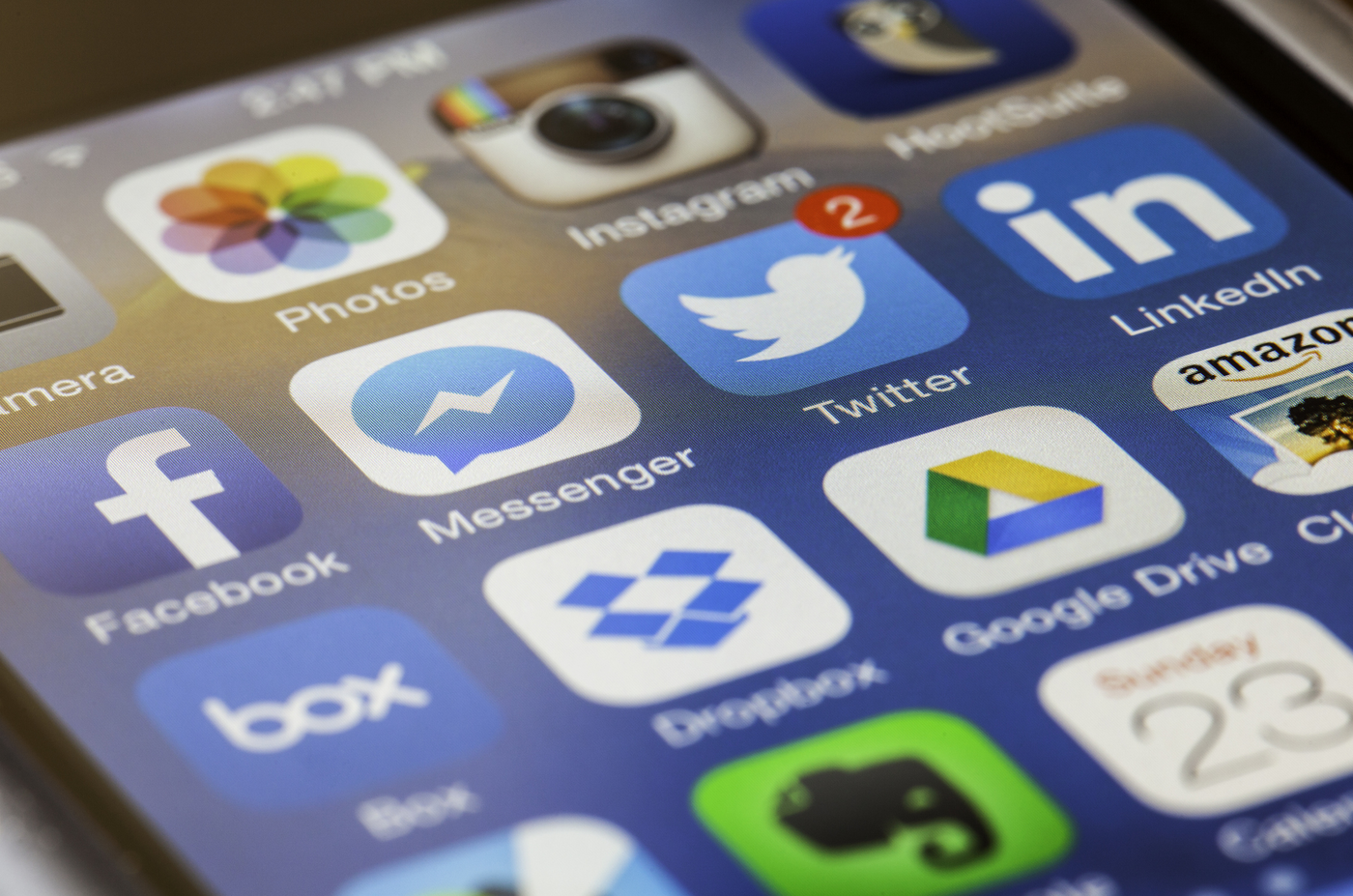Bloomberg Law: Apple’s Supreme Court Loss Could Ease Path for More Tech Suits
Apple Inc.'s loss at the U.S. Supreme Court will likely pave the way for consumers to challenge other tech giants with market-dominant businesses, such as Alphabet Inc.'s Google and Amazon.com Inc.
In a 5-4 ruling, the high court ruled May 13 that a class action antitrust suit—accusing Apple of using its market dominance to inflate App Store product prices—can move forward.
Other companies that run similar online marketplaces, like Facebook Inc., that link buyers with sellers are vulnerable to similar lawsuits since the Supreme Court determined consumers can sue the market operators that don’t directly make or sell the products. The ruling also emboldens technology consumers following another Supreme Court ruling last year that raised the bar on when they can sue companies for antitrust violations.
“This is a wake-up call for the tech industry,” Sharis Pozen, global antitrust co-chair at Clifford Chance LLP, said. “Companies with similar distribution platform models need now to fully consider how their practices could be viewed when the antitrust lens is applied.”
IPhone app users alleged that Apple raises app prices by keeping a 30 percent commission for each sale before remitting payment to app developers. The commission forces developers to markup their prices, consumers say. Apple also forces developers to price their products at 99 cent increments, which consumers allege also leads to higher app costs.
Apple argued that it can’t be sued by consumers because it’s merely a platform for their purchases from app makers. A 1977 Supreme Court decision, Illinois Brick Co. v Illinois, held that only direct product buyers can sue to collect damages under antitrust law, Apple said.


